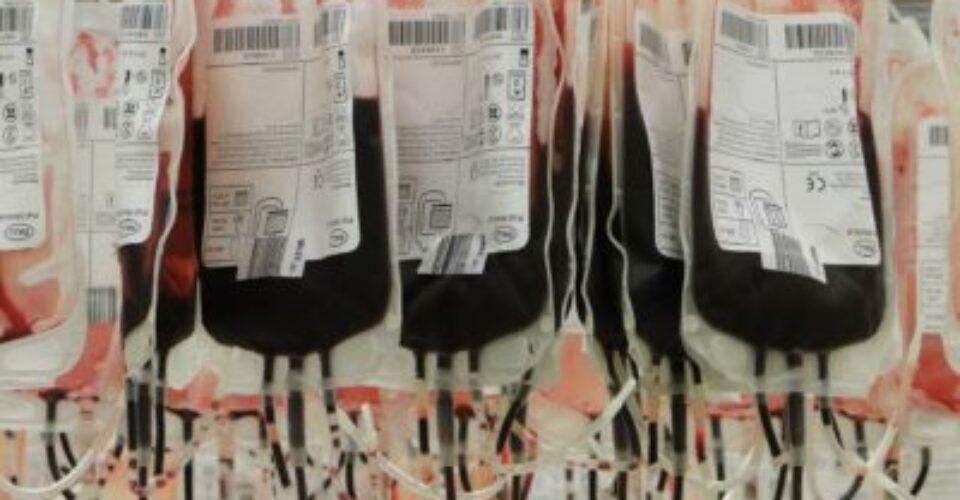Approximately 40% patients undergoing cardiac surgery alone will require a blood transfusion at The Prince Charles Hospital alone. It has been found that these patients have an increased risk infection and even death than those who do not receive a blood transfusion. But why is this the case?
There is some evidence that prolonged storage of the blood used for transfusion may be attributed to the adverse effects transfusion can have on patients. This adverse effect may be related to the inflammatory response within the body that can occur post transfusion.
Monica is well into her PhD which is based on finding how we can improve the shelf-life of donated blood, while reducing the number of complications associated with transfusions.
This multiple stage project will be investigating the safety of blood products, with a plan to identifying when they may develop inflammatory and thrombogenic microparticles during storage as well as pinpointing the location and cause of transfusion reactions that cause, what can be fatal, complications in patients.
Monica hopes her findings will lead to the development effective safety guidelines for blood storage and transfusion – including how long patients need to stay in the ICU post transfusion. As well as the ability to develop targets for future intervention treatments for patients experiencing complications associated with transfusion – both of which could significantly improve patient outcomes and save lives.
Support The Common Good here.









